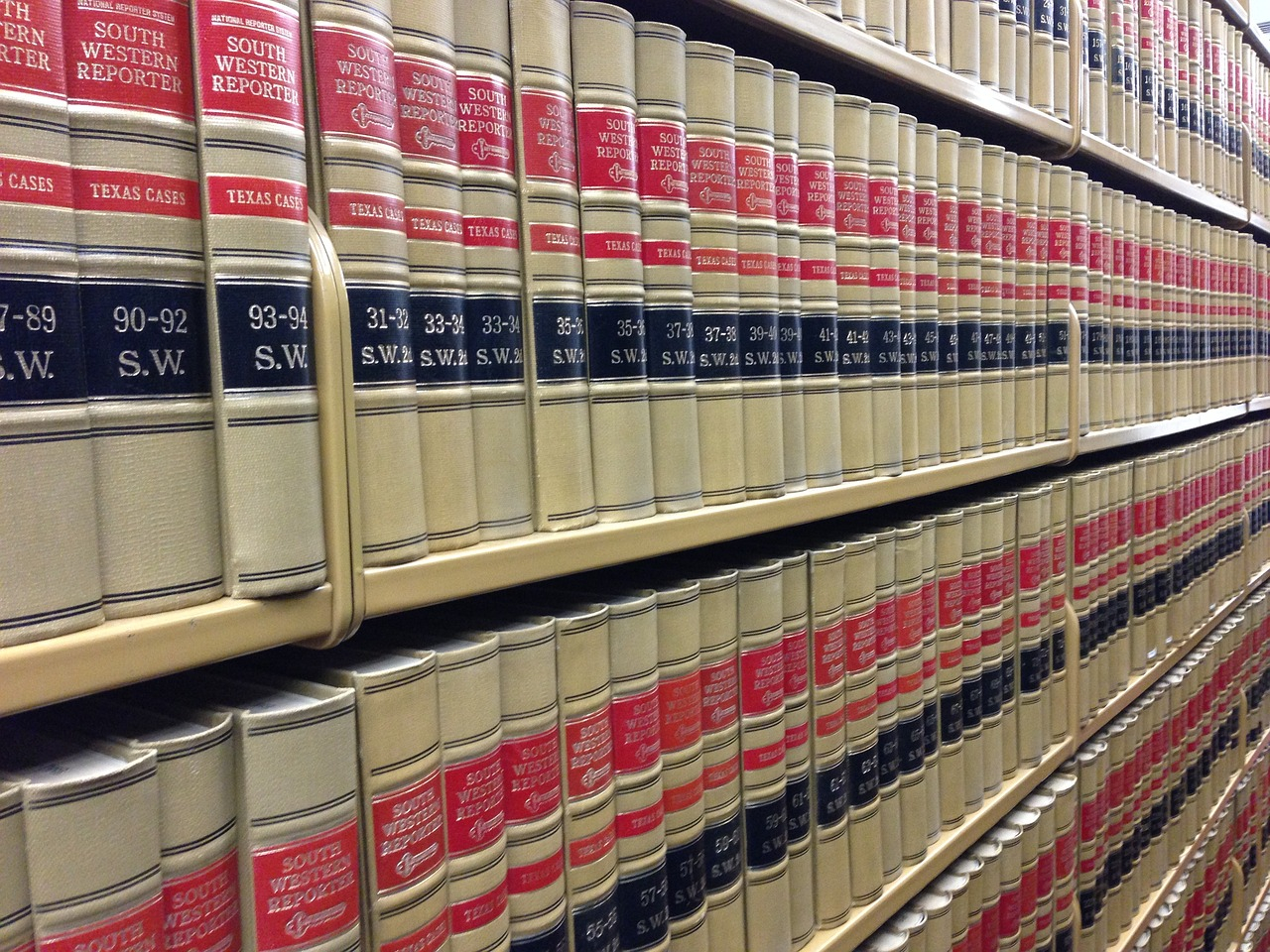Space Resource Management: Cosmic Mining Law
The vast and mysterious universe has always fascinated humanity. The twinkling stars, the vast ocean of galaxies, and the endless possibilities for discovery have captured the imaginations of many since the dawn of time. With advancements in technology, humans have ventured out into space, exploring and studying the wonders of the universe. However, with increased space exploration comes a new challenge – resource management. As humans venture further into space and look to tap into its resources, the need for regulations and laws has become crucial. In this article, we’ll be exploring the world of space resource management and the cosmic mining laws that govern it.
What is Space Resource Management?
Space resource management is the process of identifying, extracting, and utilizing resources found in outer space. These resources include valuable minerals, metals, and water that can be used to support human life in space and on Earth. It involves the extraction of resources from asteroids, moons, and other celestial bodies, as well as human-made objects such as abandoned satellites and rocket boosters.
The Need for Cosmic Mining Laws
Space resource management is a relatively new concept, and with the potential for mineral and resource extraction in outer space, the need for laws and regulations has become more apparent. Without proper regulations in place, there is a danger of exploitation and destruction of natural resources in space, much like what has happened on Earth. Hence, the establishment of cosmic mining laws is crucial to ensure responsible and sustainable practices for space resource management.
The Current State of Cosmic Mining Laws
The laws and regulations surrounding space resource management are still in their infancy. The United Nations Office for Outer Space Affairs (UNOOSA) is the primary organization responsible for the development of international space law. Currently, there is no specific governing body that oversees the extraction and use of resources in space. However, there have been efforts to establish guidelines and regulations through the UNOOSA.
The Outer Space Treaty
The basis for cosmic mining laws is the Outer Space Treaty, which was first signed in 1967. The treaty prohibits any nation from claiming sovereignty over any celestial body, including the Moon and other planets. It also stipulates that the exploration and use of space should be carried out for the benefit of all humanity and that no harmful contamination should occur. However, the treaty is not specific to space resource management, and hence, there are still many legal and ethical questions that need to be addressed.
The United States Space Policy Directive-1
In 2017, the United States introduced a new policy directive for outer space activities. Under this directive, the US government recognizes the potential for space resource exploitation and aims to promote the development of a legal and regulatory framework to support private companies in their efforts. This directive has sparked debates and discussions on the legality of space resource exploitation and the need for international cooperation.
The Future of Space Resource Management
As technology and space exploration continue to advance, the need for cosmic mining laws will only become more pressing. As of now, there is a lack of a comprehensive legal framework that governs the extraction of resources in space, making it a complex and challenging task for companies looking to venture into space resource management. However, with initiatives such as the UNOOSA and the US Space Policy Directive-1, efforts are being made to address this issue.
The Benefits of Responsible Space Resource Management
The potential benefits of responsible space resource management are vast. By tapping into the resources found in space, we reduce our reliance on Earth’s limited resources, which are depleting at an alarming rate due to overconsumption and pollution. Additionally, the advancement of space mining technology could also lead to the development of new and innovative technologies that could benefit other industries on Earth.
The Importance of International Cooperation
As mentioned earlier, there is a lack of a governing body that oversees space resource management. Hence, it is crucial for countries to work together to establish guidelines and regulations that promote responsible and sustainable practices. International cooperation and collaboration will be essential to ensure the fair and equitable use of resources in outer space.
Conclusion
In conclusion, space resource management and cosmic mining laws are essential considerations as we continue to explore and venture out into the vastness of space. As advancements in technology allow us to tap into the resources found in outer space, it is crucial to have regulations and laws in place to ensure responsible and sustainable practices. The future of space resource management lies in international cooperation and the development of a comprehensive legal framework that benefits all of humanity. By doing so, we can unlock the full potential of space exploration and pave the way for a brighter future for generations to come.







